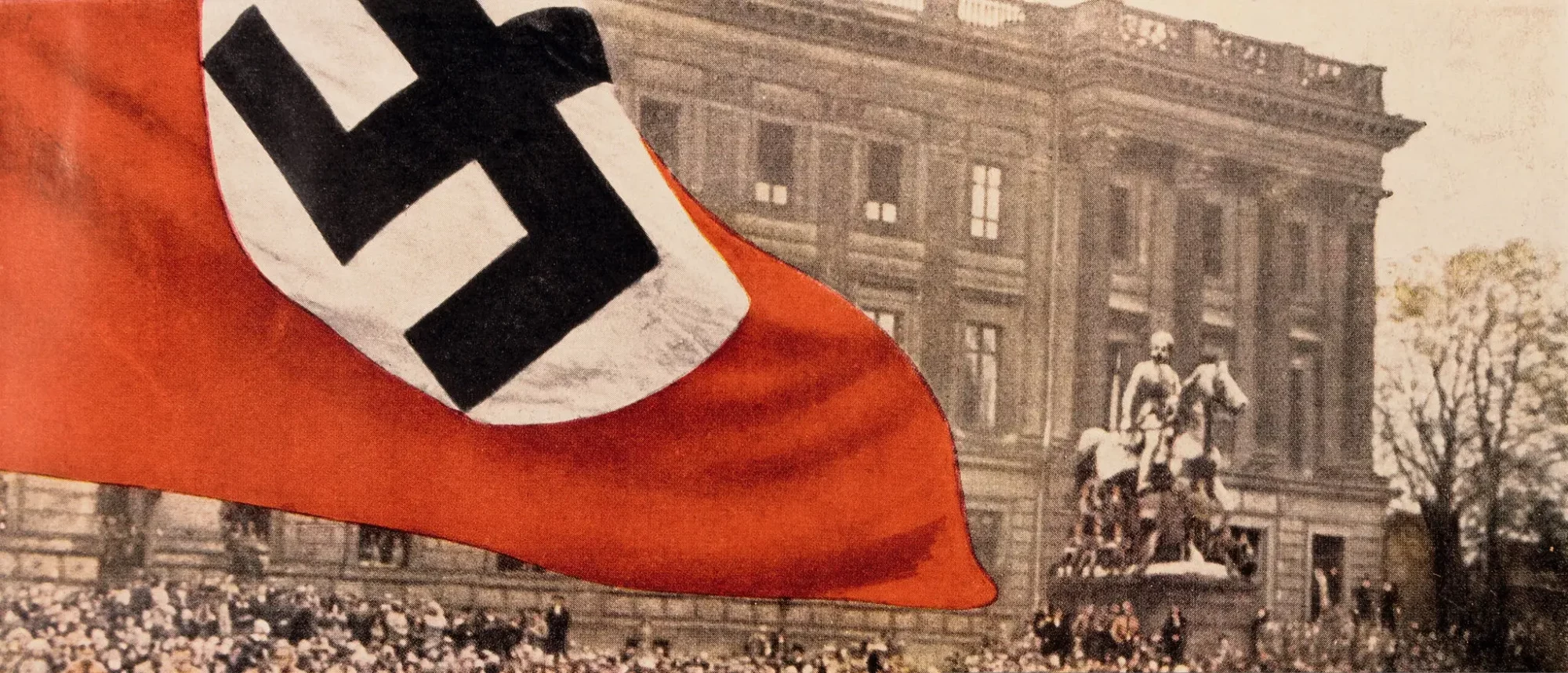The conditions of life and work did not in any account match the hard open-air work which the prisoners had to do. Those prisoners who were severely ill or those whose production was under norm were sent back to Neuengamme. This nearly always meant certain death. The concentration camp Neuengamme sent a bill in October 1944 to the Firm Steinöl for the prisoner’s work. In November the charge for qualified workers was RM 6,- per day and for untrained helpers RM 4,-.
The quality of food stood in no proportion to the physical work demanded of the prisoners. Much of the food intended for the prisoners was stolen by the SS-guards for themselves. Often one loaf of bread was divided between 20 prisoners. The midday meal consisted mostly of 1 1/2 l turnip or carrot soup. As many prisoners did not possess their own plates their portions were not always guaranteed. Hard labour was based on daily hunger rations.
Special units were organised to deal with the different types of work. These were lead by Kapos, who were prisoners in charge. Armed SS-guards were there to enforce order with rifles and truncheons. Most prisoners worked in mining oil shale or building the railway line to the railway station in Schandelah. Others worked in workshops, laboratories or in building construction.
Schandelah

Remember comrade! For many days you’ve had neither the smile of a child nor the tenderness of a woman, which once sweetened your life. You had no name, only a number: 34913. Do you remember? Schandelah! A barbarian address. It was said, there was a good camp there … But there was nothing: You had neither a handkerchief nor socks, neither towels nor soap, neither a knive nor fork. What for anyway? You had neither a pencil nor paper. Who could you have written to anyway?
Text of a poem by Henri Higelin, survivor of the Concentration camp Schandelah
You felt naked with your head shaved. Do you remember? Didn’t you look in my eyes? Didn’t you read your own death in them? But what you had was: electric barbed wire, SS – men with dogs, Kapos with rubber truncheons, roll call and shouting: day and night, sad nights, sleeping in threes on a sack of straw. In terror and cold in your striped rags, which hardly hid your bones. That’s what you had. And then hunger, hunger, hunger – never ending, stabbing. A louse your death! shouted the SS – men. You died with that every day. What you had and what you didn’t have: Do you remember comrade?
